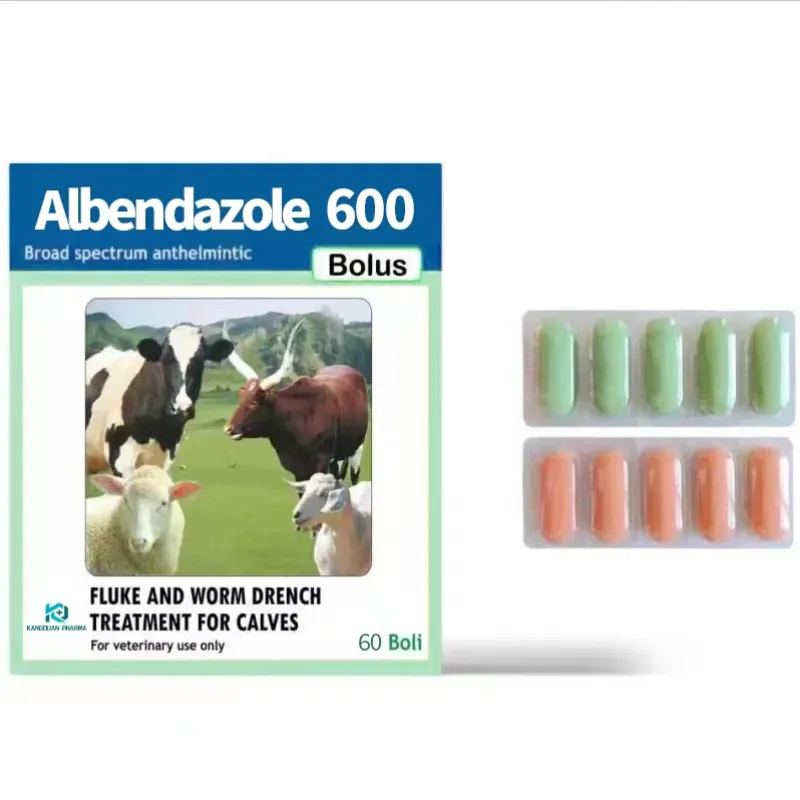- Afrikaans
- Albanian
- Amharic
- Arabic
- Armenian
- Azerbaijani
- Basque
- Belarusian
- Bengali
- Bosnian
- Bulgarian
- Catalan
- Cebuano
- Corsican
- Croatian
- Czech
- Danish
- Dutch
- English
- Esperanto
- Estonian
- Finnish
- French
- Frisian
- Galician
- Georgian
- German
- Greek
- Gujarati
- Haitian Creole
- hausa
- hawaiian
- Hebrew
- Hindi
- Miao
- Hungarian
- Icelandic
- igbo
- Indonesian
- irish
- Italian
- Japanese
- Javanese
- Kannada
- kazakh
- Khmer
- Rwandese
- Korean
- Kurdish
- Kyrgyz
- Lao
- Latin
- Latvian
- Lithuanian
- Luxembourgish
- Macedonian
- Malgashi
- Malay
- Malayalam
- Maltese
- Maori
- Marathi
- Mongolian
- Myanmar
- Nepali
- Norwegian
- Norwegian
- Occitan
- Pashto
- Persian
- Polish
- Portuguese
- Punjabi
- Romanian
- Russian
- Samoan
- Scottish Gaelic
- Serbian
- Sesotho
- Shona
- Sindhi
- Sinhala
- Slovak
- Slovenian
- Somali
- Spanish
- Sundanese
- Swahili
- Swedish
- Tagalog
- Tajik
- Tamil
- Tatar
- Telugu
- Thai
- Turkish
- Turkmen
- Ukrainian
- Urdu
- Uighur
- Uzbek
- Vietnamese
- Welsh
- Bantu
- Yiddish
- Yoruba
- Zulu
9 月 . 23, 2024 18:29 Back to list
Tylosin Injection Use and Benefits for Canine Health and Treatment Options
Tylosin Injection for Dogs An Overview
Tylosin is a macrolide antibiotic that is commonly used in veterinary medicine to treat a range of bacterial infections in dogs. While it is often associated with livestock and poultry, its application in canine health has garnered attention due to its effectiveness against certain types of infections. This article provides an overview of tylosin injection for dogs, including its uses, precautions, side effects, and the importance of veterinary guidance.
What is Tylosin?
Tylosin is a semisynthetic antibiotic derived from the fermentation of a Streptomyces bacteria. It is primarily used to combat infections caused by gram-positive bacteria, which are one of the primary culprits behind various infectious diseases in dogs. Tylosin works by inhibiting bacterial protein synthesis, effectively halting the growth and reproduction of these microorganisms.
Uses of Tylosin Injection in Dogs
Tylosin injection is primarily prescribed for the treatment of respiratory infections, gastrointestinal infections, and certain skin issues. The antibiotic is particularly effective against conditions caused by bacteria such as *Mycoplasma* and *Campylobacter*. In addition, it may be used as a part of a more comprehensive treatment regimen for dogs that suffer from chronic diarrhea or pneumonia.
Another key benefit of tylosin is its anti-inflammatory properties, which can be valuable in managing certain inflammatory conditions within the gastrointestinal tract. This makes tylosin an appealing option for dogs that show signs of inflammatory bowel disease (IBD) or other related gastrointestinal disorders.
Administration and Dosage
Tylosin is typically administered by injection, making it ideal for use in situations where oral medication may not be feasible—such as in dogs that are vomiting or unwilling to eat. The injection ensures rapid absorption and effectiveness of the medication. The dosage and frequency of administration depend on the specific condition being treated, the severity of the infection, and the overall health of the dog. Therefore, it is crucial to follow the veterinarian's instructions regarding dosage and administration route precisely.
tylosin injection for dogs

Precautions and Contraindications
As with any medication, there are precautions and potential contraindications to consider when using tylosin in dogs. Owners should inform their veterinarian of any pre-existing health conditions, particularly liver or kidney issues, as these can impact how the dog metabolizes the medication. Tylosin is generally considered safe; however, it should be used cautiously in pregnant or lactating dogs, as the effects on the developing puppies are not well-studied.
Additionally, owners should be aware of potential drug interactions. Informing the veterinarian of all other medications, supplements, or treatments the dog is receiving is essential to avoid adverse effects.
Side Effects
While tylosin is well-tolerated by many dogs, some may experience side effects. Common reactions include gastrointestinal upset, such as diarrhea, nausea, or vomiting. If a dog experiences severe or persistent side effects, it is crucial to contact a veterinarian promptly for further evaluation and management.
Allergic reactions to tylosin, although rare, can occur. Symptoms like swelling, itching, hives, or difficulty breathing are indications of an allergic response, which necessitates immediate veterinary attention.
Conclusion
Tylosin injection represents a valuable tool in the veterinary arsenal for treating bacterial infections in dogs. Its ability to manage infections effectively, coupled with its anti-inflammatory properties, makes it a versatile choice for various conditions. However, responsible usage under the guidance of a qualified veterinarian is paramount to ensuring the safety and well-being of our canine companions.
Pet owners should always seek professional advice before starting any new treatment, including tylosin, to ensure the best outcome for their pets. By understanding the potential benefits, risks, and importance of veterinary supervision, owners can make informed decisions to help their dogs return to health.
-
The Power of Radix Isatidis Extract for Your Health and Wellness
NewsOct.29,2024
-
Neomycin Sulfate Soluble Powder: A Versatile Solution for Pet Health
NewsOct.29,2024
-
Lincomycin Hydrochloride Soluble Powder – The Essential Solution
NewsOct.29,2024
-
Garamycin Gentamicin Sulfate for Effective Infection Control
NewsOct.29,2024
-
Doxycycline Hyclate Soluble Powder: Your Antibiotic Needs
NewsOct.29,2024
-
Tilmicosin Premix: The Ultimate Solution for Poultry Health
NewsOct.29,2024













